If you ever thought a Work Day at University Lutheran Church boring, just look at these happy faces! Pictures from the last Work Day on June 29th. YES, they had donuts.
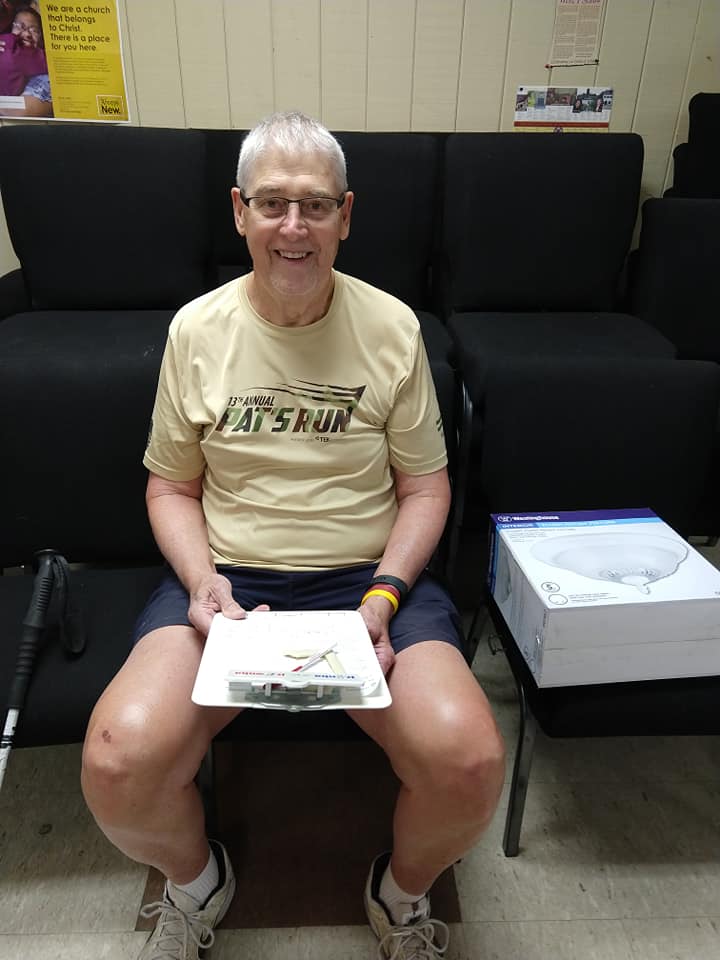
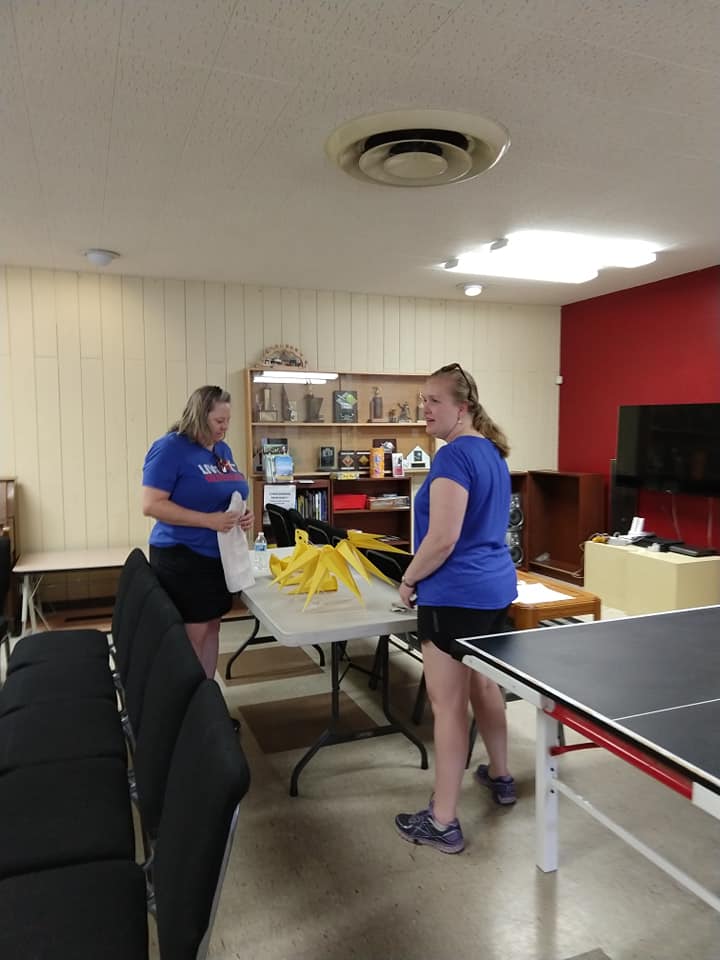
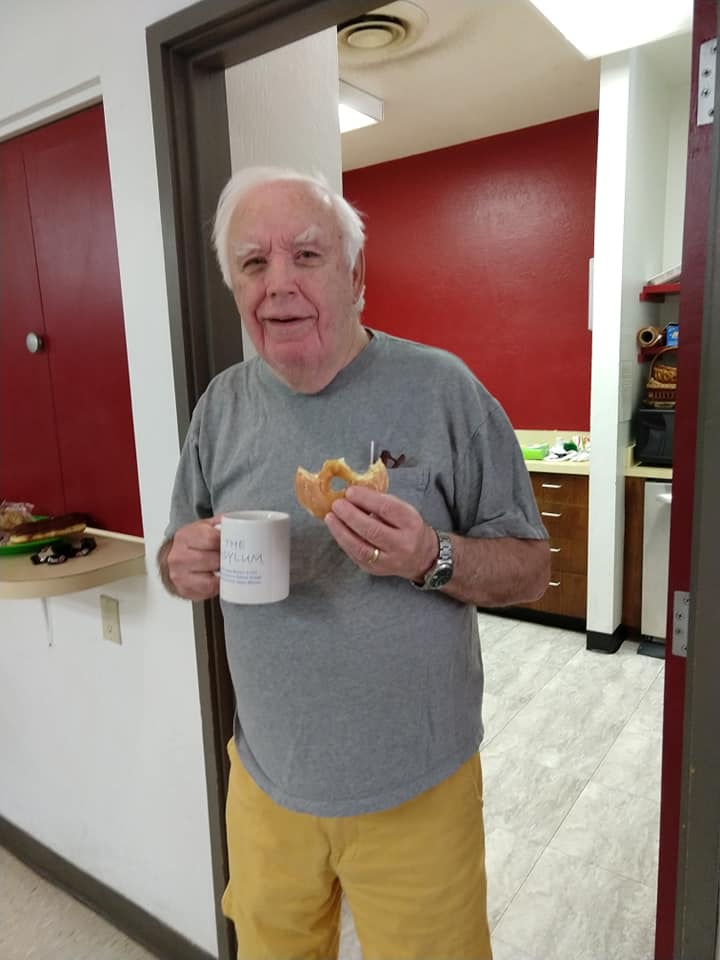
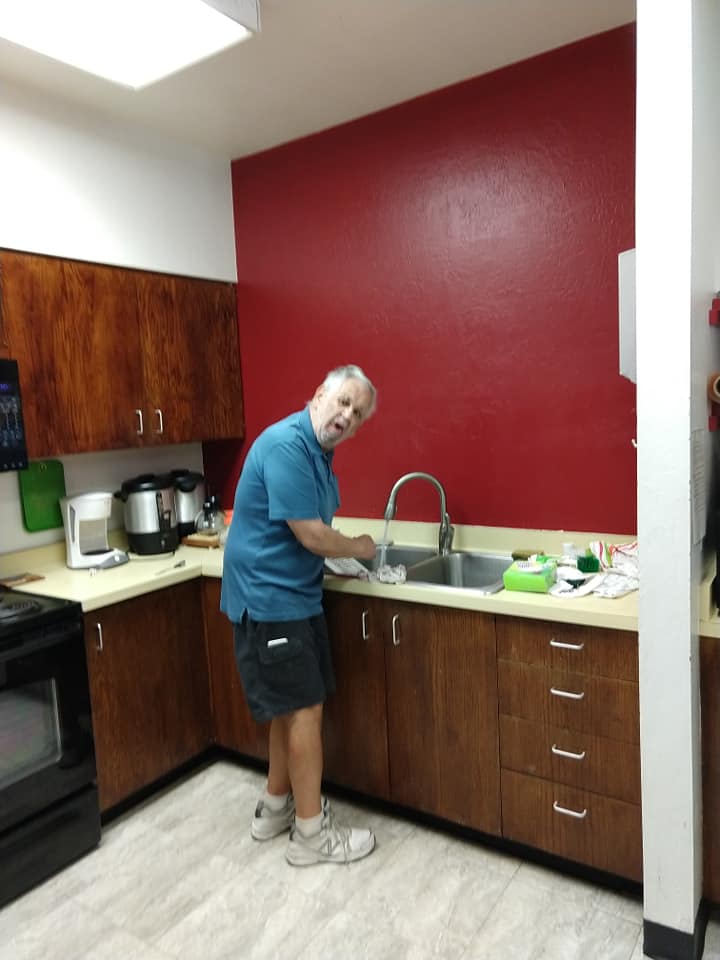
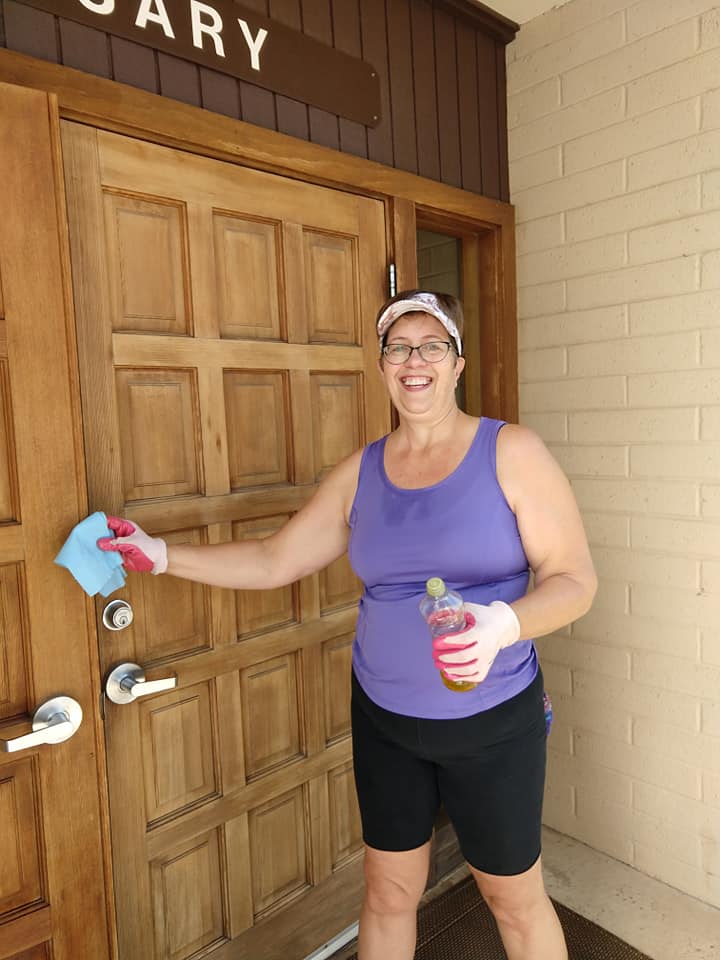
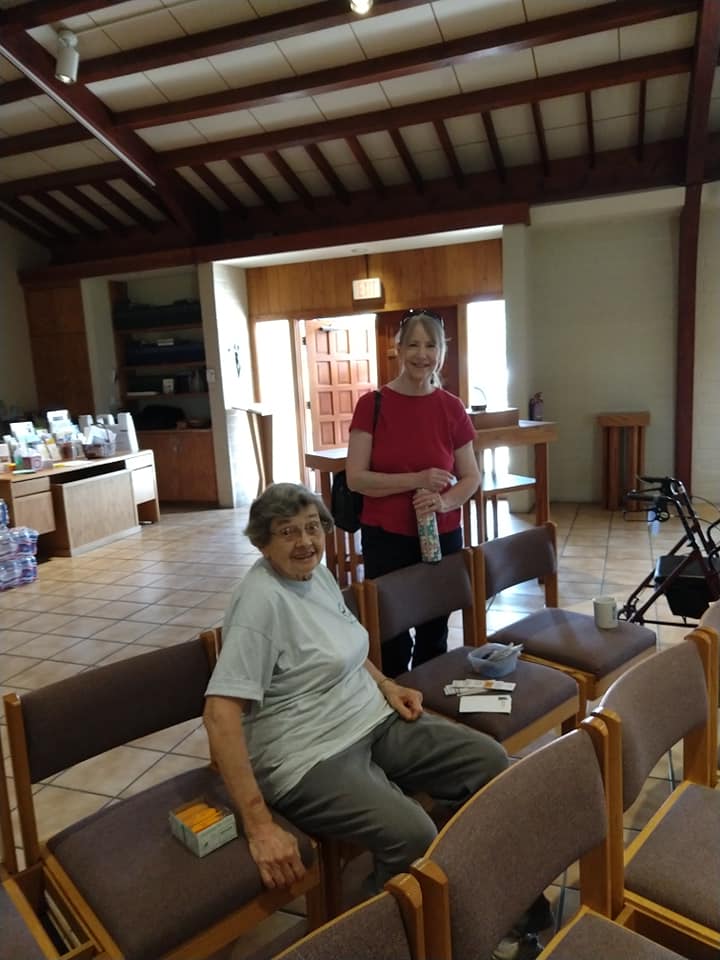
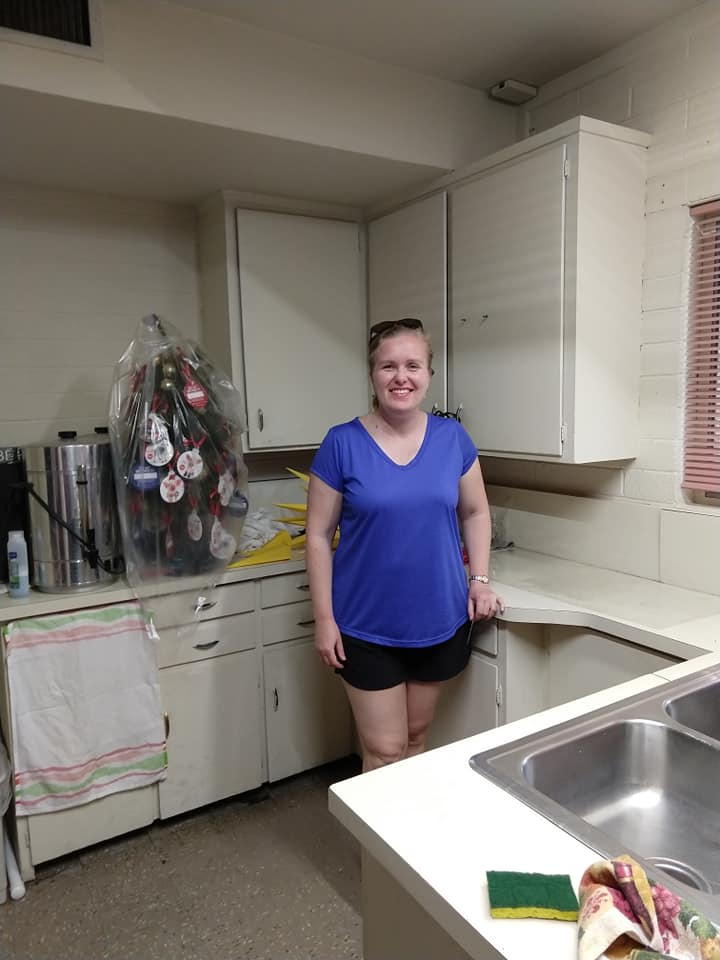
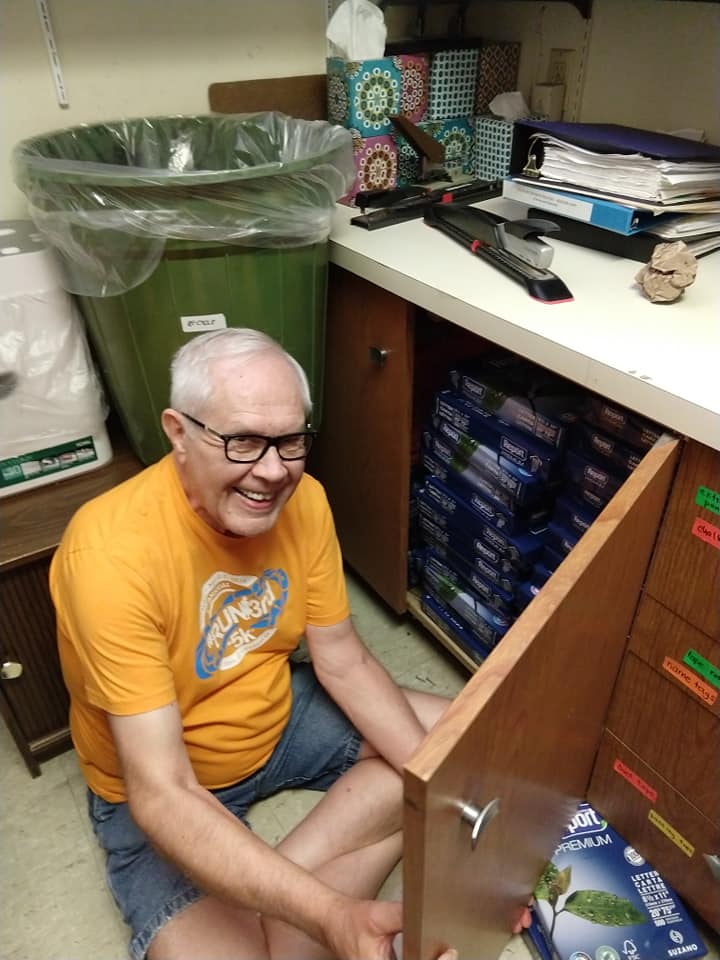
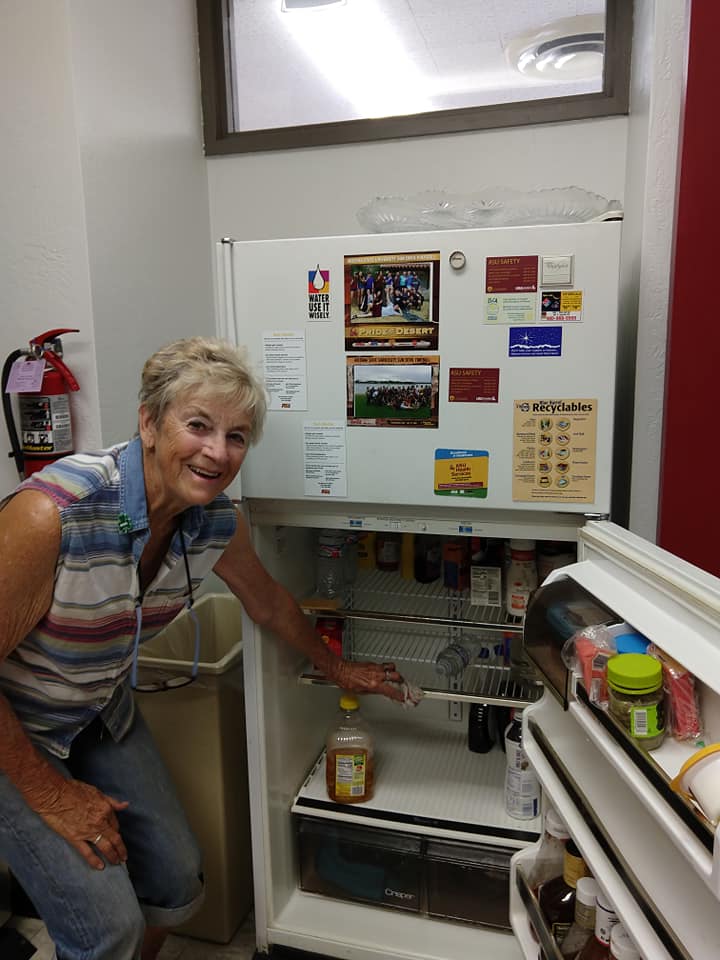
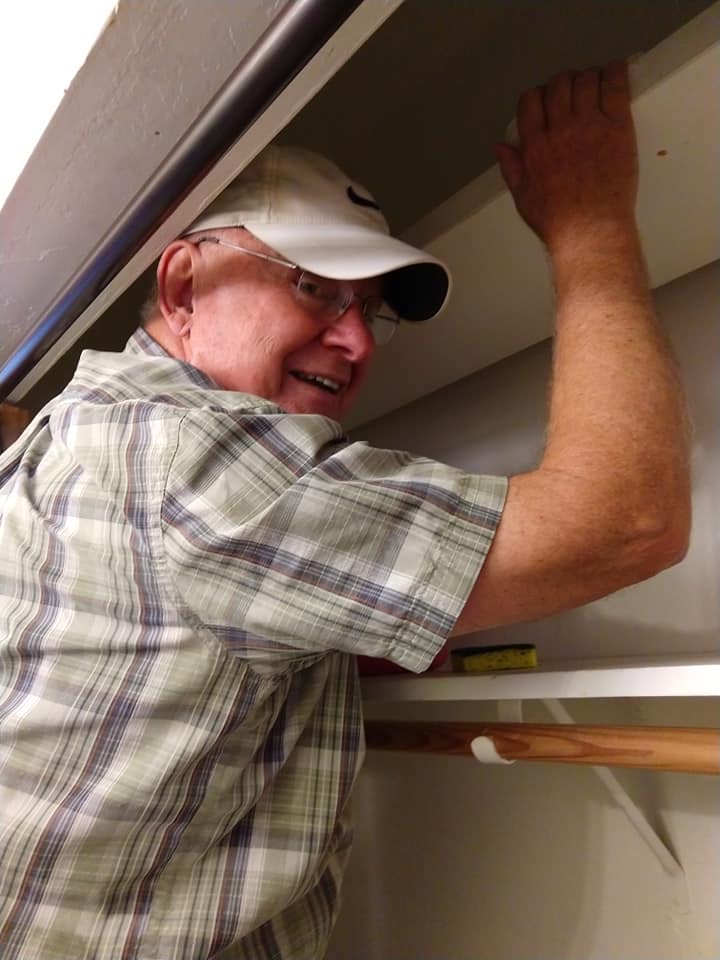
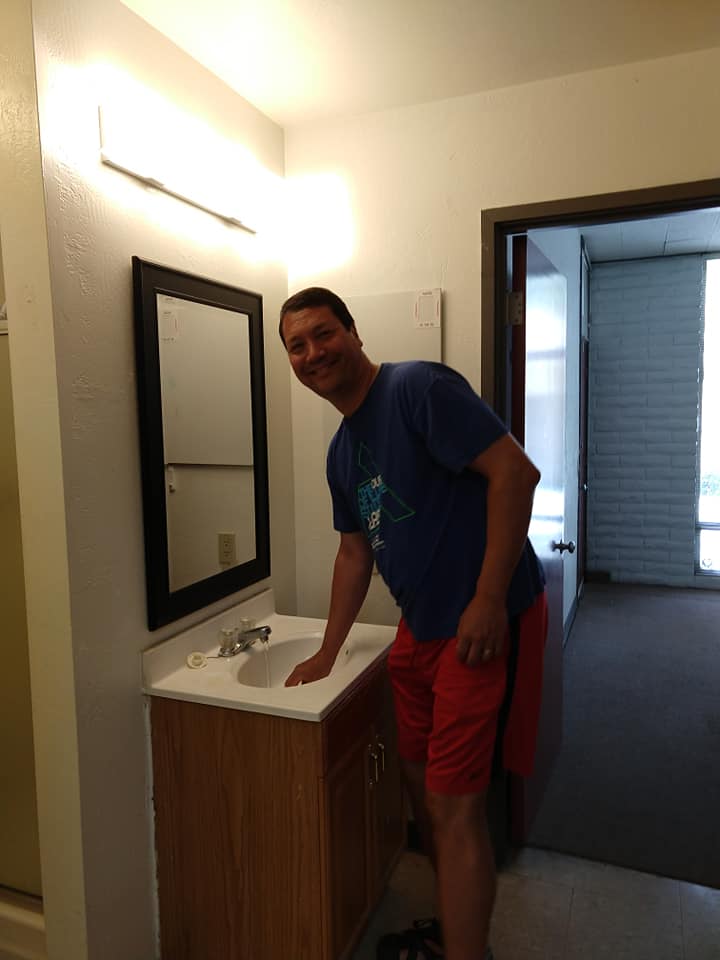
340 E. 15th Street, Tempe, AZ 85281-6612 (480) 967-3543
If you ever thought a Work Day at University Lutheran Church boring, just look at these happy faces! Pictures from the last Work Day on June 29th. YES, they had donuts.











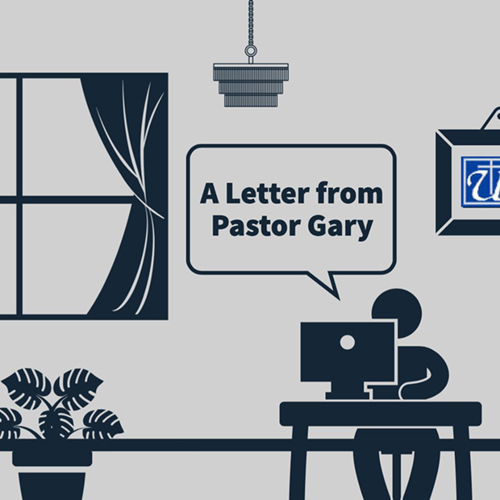
Are you familiar with “Hints from Heloise”, a back-in-the-day newspaper column of helpful tips for around the house? I was not a regular reader by any means, but occasionally some headline drew me to read how to get stains out of the carpeting before your spouse would see them, or use vodka to clean off camping gear (You can’t make this stuff up!).
One such tip was to clean windows and mirrors with newspaper and either vinegar or a window cleaning product. It seemed strange but I thought I would try it. I pulled the old Plymouth Volare out of the garage ( I told you this was a back-in-the-day column), sprayed the windshield, and then used the front page of the “Colorado Springs Gazette Telegraph”, complete with Ronald Reagan’s picture and an article about sewer rate increases and began to wipe in clock-wise circles. Viola! The dirt was gone and the windshield was without streaks! Thank you, Heloise!
Since then I have been a “clean the glass with newspaper” true believer. Now, however, most sheets of newspaper have a colored photo in them. I’m not sure Heloise would approve of using them. Here with my twice weekly subscription to the “Arizona Republic” I have settled on using the obituary pages. Never is there a colored photo in the entire section.
I clean the windows and bathroom mirrors with paper including stories of people much loved and greatly grieved. According to the obituaries, many served in the armed forces, some were heroic stay-at-home Moms while others were heroic breakers of glass ceilings. Some “did it my way” while others were loyal employees or quiet servants going about their duties. All have stories their families found worth sharing even with the likes of those of us window cleaners. Sometimes I do read them. It is not morbid. It can be interesting to see the mixture of humanity that somehow works to make the world go on.
One day as I was cleaning a bathroom mirror I halted. The newspaper obituary page almost seemed like a fire that was to burn my hand or an acid that would eat away my fingertips. It was as though I had just touched an unsanatized surface in a COVID ward. Not really, but emotionally it did. Was I desecrating the dead by using these pages? I would spray, crumble them up, wipe off the spray, then after callously toss them in recycle. Was I dishonoring the words loved ones wrote about their recently deceased loved one? Was I dishonoring the deceased?
Certainly I was doing them no great honor or service. Perhaps the occasional reading of one person’s life’s summary was a small tribute. But I could not do what God will not allow. I, through neither action nor speech, can desecrate a life God calls holy and sacred. In the lives described in obituaries or elsewhere, God sees more than what these words describe at work. God sees God’s own work through that person. God sees persons being touched by these people. And where God sees that touch being harmful, God works in other ways to reach out to those so harmed.
Some of the obituaries are quite large. Perhaps because of a person’s notoriety, perhaps because of the family’s financial well-being, perhaps because the family wants the world to know of their loved one and especially of their hurt, and perhaps, at times, because of guilt.
Some, on the other hand, are quite brief. Length of obituary does not equate to value of life. Family members left behind can attest to that. Lives have impact; lasting impact. Were you to write your obituary what would it say? What would you include? What might you hope be left out? What it might not say is the impact your life had beyond your living. Lives can have a ripple effect through time far from their source.
After writing your obituary, do something with it if you can…clean something or whatever. Then crumble it up and toss it in the blue recycle bin. It’s okay. God does not recycle our lives. God doesn’t even restore us. God allows us to remain in our grave, our columbarium, the sea, the forest, or wherever. God does something much greater and more profound with us and our lives.
What might God write were God to write our obituary? God would write that with God’s help our life was worth living. God would write though we may be gone, our life goes on. God would not be content to simply say were just a part of the mixture of humanity that made the world go on. We will continue to part of that mix. God used our life and will continue to do so. Our names, our faces, memories of us may be gone, but the ripples flow outward. God makes it so.

If you have ever read much of Austrian neurologist and psychoanalysis founder, Sigmund Freud’s writings, you are most likely aware Freud saw sex at the heart of human suffering. Actually he seemed to think it at the heart of most everything human.
On the other hand, famed anthropologist Ernest Becker saw the fear of death at the heart of human suffering and struggle. Becker even wrote a book about this.
Martin Luther, on the other hand, seemed to see fear of a wrathful God at the heart of human struggles.
I am neither a Freud or Becker, but I am an amateur student of Luther and of human behavior. There is something to be said for Freud’s understanding of sexuality in our humanity and likewise there is something to be said for Becker’s understanding of humanity’s fear of death. Certainly in Luther’s time with such short life-spans we can see his point. All can and do contribute to human suffering. Yet into this mix I would like to add an observation I have made over the years.
In watching my fellow humans struggle and in being very much a part of such human struggles, I have witnessed a fear of living as contributing much to our suffering.
Yes, a fear of living. How often have we held back from doing something we wanted to do? Many times we may have even refrained from doing something we were convinced was the right thing to do for us and/or for someone else. Sometimes we choose mere existence over living.
What I find most interesting in all this is that followers of Jesus can be those most inhibited. We don’t want to upset God, after all. “What would Jesus do?”, we ask. We play it safe as though grace does not exist. It is not that we ought to sin profusely so that grace may abound. It is also not that grace has given us a blank check so we can do whatever it is that makes us happy without regards to anyone or anything else.
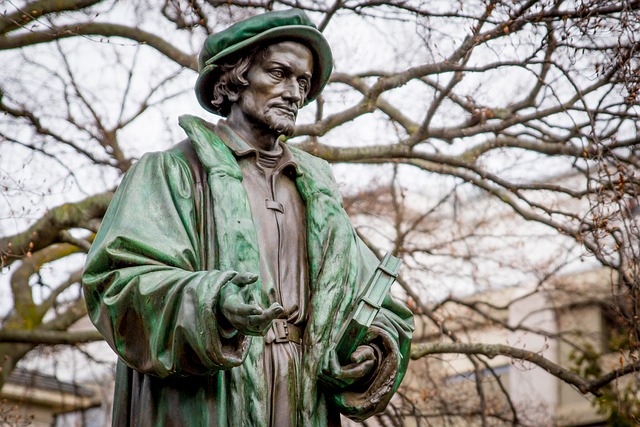
In a letter written to his Wittenberg colleague Phillip Melancthon, written from Martin Luther’s hideout in the Wartburg Castle, Luther wrote, “Sin boldly!” He followed this with “trust in Christ strongly.” Luther was not encouraging anyone to not take sin seriously. Specifically in this missive, he was encouraging pastors to risk preaching what they believed to be true.
We all have regrets in life. Too many are of choices not made or decisions to back down from what we wanted or thought right. Some such regrets can even seem to haunt us through life. Years later they can still bring at least a bit of pain.
I wish Freud and Becker were still around so I could bounce my theory off their insightful and creative minds. With Luther, we could have many conversations over spouse Katie’s homemade brew. Certainly all of these figures seemed to live by holding little back. This may be one of the reasons people continue to study their works instead of relegating them all to history’s attic.
Jesus saves, we proclaim. It seems to me that from which Jesus most saves us is ourselves. In so doing Jesus wants us to return to our humanity and to live as the human creatures we were created to be. How much of our sin is tied up in trying to deny our humanity? How much of our sin is our failure to live?
Survival and existence have their place. Yet we were created to be those who live. We were created to be those who live not just for ourselves, but for others. Living a life of faith is in great part living as those unafraid to live. People of grace, fear not! People of grace, LIVE!
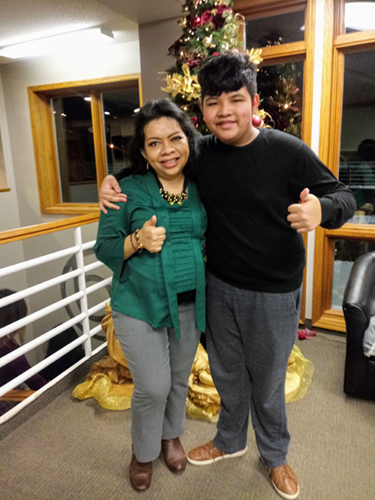
to Esther Sianipar, a 3rd year student at Luther Seminary in St. Paul, MN. Esther was recently elected president of the Student Council for Luther Seminary.

The Grand Canyon Synod Assembly will be done virtually this year. ULC voting members are John Fillo, Kathryn Stevens, and Pastor Gary.
The Assembly is Saturday, June 12, 9am-3:30pm. If you would like to check it out, you can follow along for free on Facebook.
More detailed information is on the synod website gcsynod.org